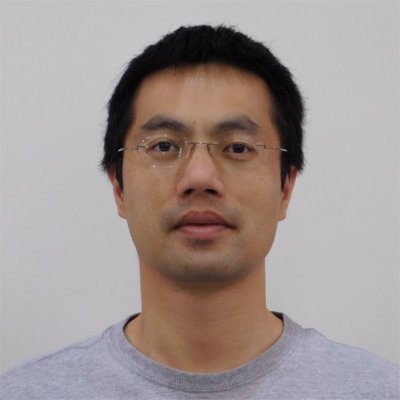Xiaohua Lou serves as the Director of the Antibody Core at the Houston Methodist Research Institute, where he is at the forefront of antibody engineering and therapeutic development. With a strong commitment to advancing high-affinity antibodies, Xiaohua has pioneered a high-efficiency combination platform that leverages...
Xiaohua Lou serves as the Director of the Antibody Core at the Houston Methodist Research Institute, where he is at the forefront of antibody engineering and therapeutic development. With a strong commitment to advancing high-affinity antibodies, Xiaohua has pioneered a high-efficiency combination platform that leverages phage-display technology and antibody-associated structural biology. This innovative approach enables the rapid generation of therapeutic-grade human antibodies at picomolar (pM) levels, significantly reducing the time typically required for antibody development.
Currently, Xiaohua is spearheading two critical research directions. The first focuses on the discovery of fully human antibodies for immunotherapy, particularly targeting applications in antiviral therapy and cancer treatment. By utilizing a structure-based optimization platform, he has successfully produced therapeutic-grade antibodies with affinities exceeding nanomolar (nM) levels, positioning his work at the cutting edge of immunotherapeutic advancements.
In addition to antibody discovery, Xiaohua is dedicated to elucidating the crystal structures of immune-associated proteins. This structural biology research is essential for understanding the mechanisms of immune response and for the rational design of novel therapeutic agents. His extensive skill set encompasses phage display, structural biology, cell culture, and various molecular biology techniques, including PCR and qPCR, which are integral to his research endeavors.
Through his leadership at the Antibody Core, Xiaohua Lou is not only contributing to the scientific community but is also paving the way for innovative therapeutic solutions that hold the potential to transform patient care in oncology and infectious diseases.







